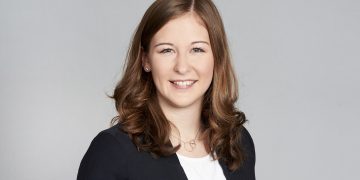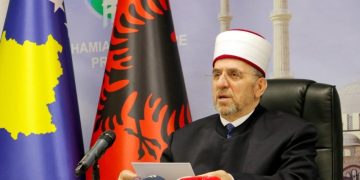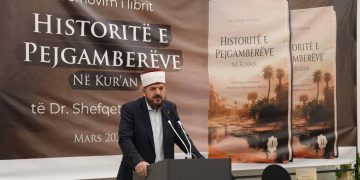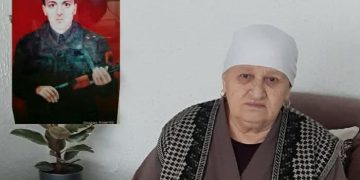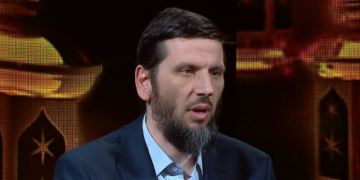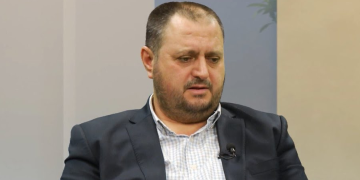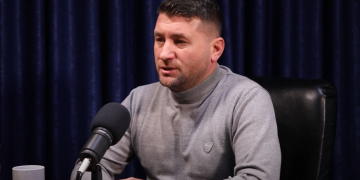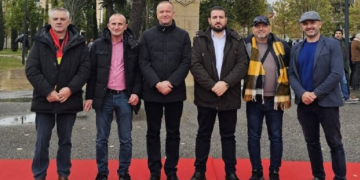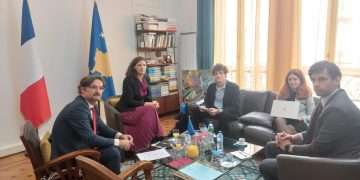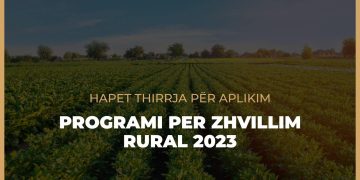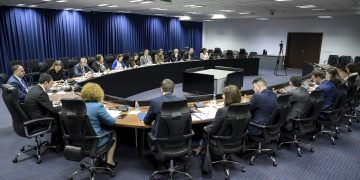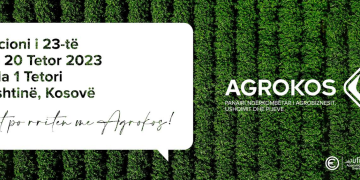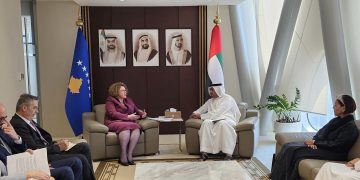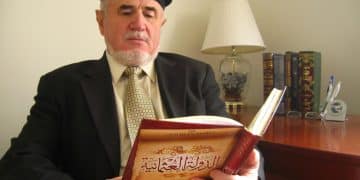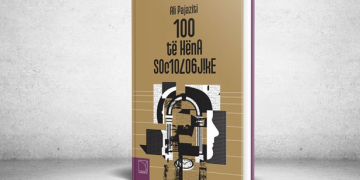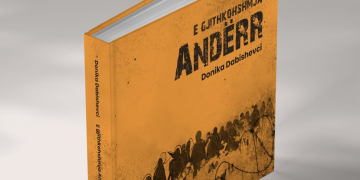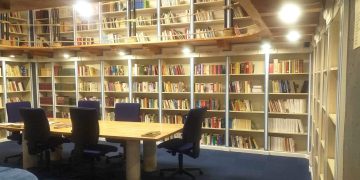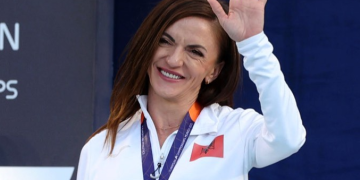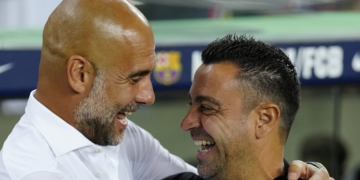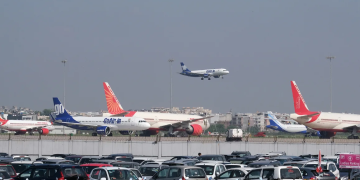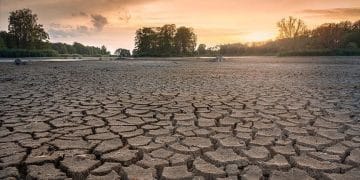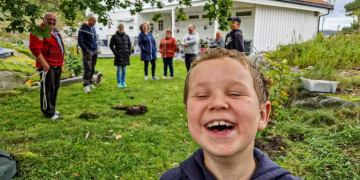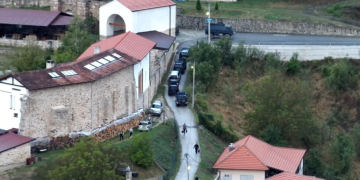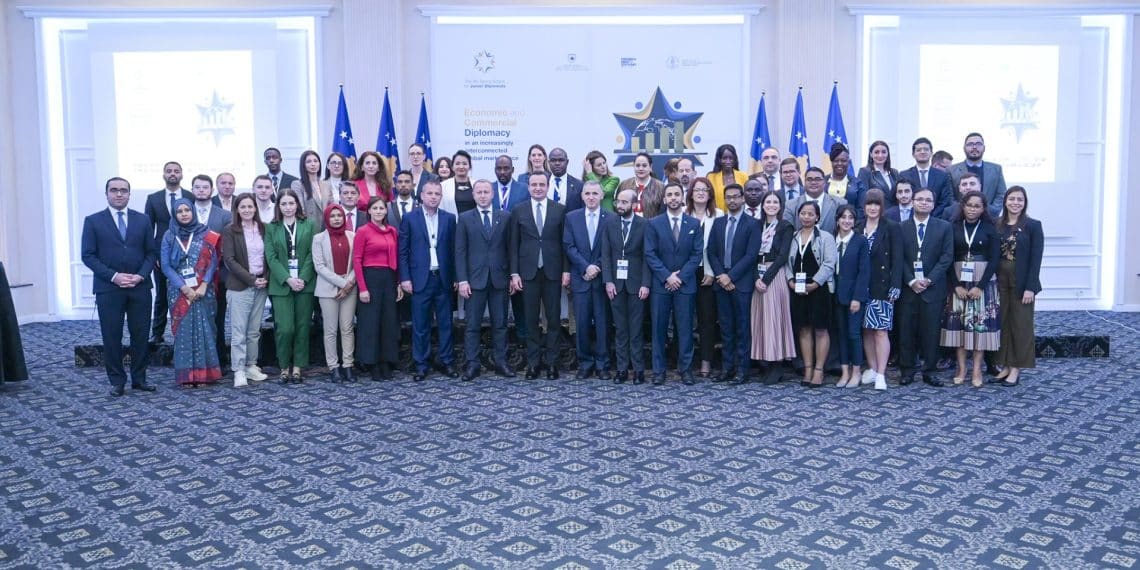Kryeministri i Republikës së Kosovës, Albin Kurti, sot mori pjesë në ditën e dytë të edicionit të 9-të të Shkollës Pranverore për Diplomatët e Rinj, që organizohet nga Akademia Diplomatike e Ministrisë së Punëve të Jashtme dhe Diasporës dhe Friedrich Ebert Stiftung, njofton Zyra e Kryeministrit, transmeton Fol Drejt.
” Kurti tha se është kënaqësi e madhe të jem me ju sot këtu, gjatë edicionit të 9-të të Shkollës Pranverore për Diplomatët e Rinj. Ky edicion në këtë vit është përqendruar tek Diplomacia Ekonomike dhe Tregtare në një treg global gjithnjë e më të ndërlidhur, me pjesëmarrës nga rreth 40 shtete.”, shkruan në komunikatën e Zyrës së Kryeministrit.
Në fjalën e tij, Kryeministri Kurti ka thënë se rëndësia e diplomacisë ekonomike nuk mund të mbivlerësohet në botën e ndërthurur ku jetojmë. Megjithatë ai shtoi se diplomacia ekonomike ka luajtur dhe vazhdon të luajë një rol të madh në trajtimin e të dyja krizave: ofrimin e ndihmës së huaj për ata që kanë nevojë dhe vendosjen e sanksioneve ndaj agresorëve.
Demokracia e fortë është një sinjal i lidhjeve ekonomike që një vend do ta ndjekë edhe ndërkombëtarisht, shtoi ai.
Gjatë fjalës së tij, Kryeministri Kurti, theksoi se përveç sfidave, koha e tanishme është një ftesë për punë të përbashkët dhe forcimin e natyrës së ndërlidhur të prosperitetit demokratik dhe progresit ekonomik.
Sipas Bankës Evropiane për Rindërtim dhe Zhvillim, Kosova renditet e para në Ballkanin Perëndimor për nga rritja e parashikuar ekonomike për vitet 2023 dhe 2024.
Në fund të fjalës, ai tha se ne mezi presim të punojmë së bashku për të mbështetur parimet tona demokratike dhe për të hapur rrugën për një botë më të ndërlidhur, të begatë dhe paqësore.
Të pranishëm në këtë takim ishin edhe Beqir Ismaili, ambasador, ushtrues detyre i drejtorit të përgjithshëm i Akademisë Diplomatike, Ministria e Punëve të Jashtme dhe Diasporës, si dhe Behar Isma, sekretar i Ministrisë së Punëve të Jashtme dhe Diasporës.
Fjala e kryeministrit Kurti në gjuhën angleze:
Dear Mr. Beqir Ismaili, Ambassador Acting Director General of the Diplomatic Academy at the Ministry of Foreign Affairs and Diaspora,
Dear Mr. Behar Isma, Secretary General at Ministry of Foreign Affairs and Diaspora
Dear young diplomats,
Dear participants,
It is a great pleasure to be with you today here during the 9th edition of the Spring School for Young Diplomats, organized by the Diplomatic Academy of the Ministry of Foreign Affairs and Diaspora and Friedrich Ebert Stiftung.
This year’s edition is focused on “Economic and Commercial Diplomacy in an increasingly interconnected global marketplace.”
The significance of economic diplomacy cannot be overstated in the intertwined world we live in. Though balancing commercial interests with foreign policy aims has always been an important component of diplomatic work, the ever more interconnected and dynamic world we live in, combined with the need to safeguard and champion shared values, makes aligned economic partnership a cornerstone of modern diplomacy.
When the COVID pandemic silenced the noises of everyday life, we clearly heard the calls for action and accountability, not merely to fight the pandemic but also to transition to a world after it that is fairer, kinder, and safer. The pandemic, together with the Russian invasion of Ukraine, also showed that alarm bells happening in another country can just as loudly be heard at home. Economic diplomacy has played and continues to play a major role in dealing with both crises: supplying foreign aid to those in need and imposing sanctions on the aggressors.
These events have invited us to reconsider how diplomacy must adapt to meet current geopolitical challenges. It is not coincidental that the term “friend-shoring” or allocating supply chains in countries where the political risk is low and political ties are strong, has been a buzzword among economic and political circles these past couple of years. A robust democracy is therefore no longer merely a matter of domestic affairs, but a signal of the economic ties that a country will pursue internationally as well.
We live at a time when technological innovation and the way it has facilitated remote work – among other things – have diffused national boundaries ever more. Aside from the challenges, the present time is an invitation for joint work and strengthening the interlocked nature of democratic prosperity and economic progress.
In the last two years Kosova has successfully committed to this joint project. Again, not by coincidence we have made parallel leaps in our democratic governance as well as economic prosperity. Prioritizing the fight against corruption and crime, we launched over 850 anti-crime operations around the entire country and increased our tax income by 66%.
We experienced the largest annual percentage growth (at 10.7%) in our country’s history, doubled Foreign Direct Investment and reduced our export deficit. On average, during each year of our government, we generated more revenue for our economy than in the previous three years combined. In comparison to the year before we took office, our budget deficit last year was 11 times lower. We have used this economic growth to distribute wealth in our society, striving for equality among our citizens, increasing both aid and employment opportunities for all, but especially for young people, women, and non-majority citizens.
Our progress has been confirmed by Transparency International’s report on Corruption Perception, where we went up 20 places in the last two years, and by Reporters Without Borders’ Press Freedom Index, where we went up 22 in the last two years as well. Furthermore, we have applied to join the Council of Europe and the European Union. And there will be no more visa regime for Kosovar citizens starting January 1st, 2024.
We are set to continue our momentum. According to the World Bank and the European Bank for Reconstruction and Development Kosova ranks 1st in the Western Balkan 6 for projected economic growth in 2023 and 2024.
Thus, it is clear that economic diplomacy plays a vital role in the foreign policy landscape of our countries. Yet, to ensure its success, it must be built upon shared values, where economic success is intertwined with a strong democracy. To those of you shaping the current and future state of diplomacy, I invite you to work together so that democratic progress and economic growth are forever mirrored by one another.
We look forward to working together to uphold our democratic principles and to pave the way for a more interconnected, prosperous, and peaceful world.
Thank you! /FolDrejt/

